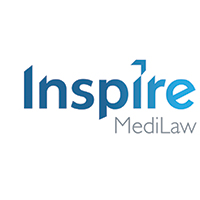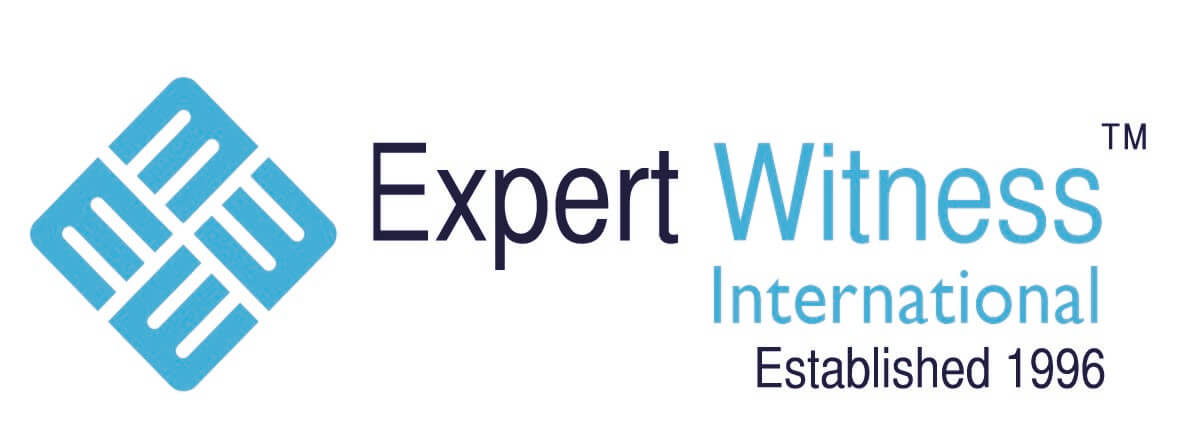News Detail back to listing

What lawyers wish their experts knew…and what frustrates experts about lawyers!
- Sep 1, 2020
- Latest News
As we launch our 2020 surveys for medicolegal experts and lawyers, here’s a reminder of what we learned from the 2019 surveys. You can complete the 2020 surveys online now.
Lawyers working with Experts
We asked how lawyers identify an expert to instruct
Most said their first port of call is to approach someone that they have used before, or to contact an expert who had impressed them when they had engaged with them or heard them speak at a medicolegal conference.
Failing this, lawyers say they will ask a colleague; search their firm’s existing expert witness database; or contact an external expert witness agency, such as Inspire MediLaw, for a recommendation.
We asked what characteristics lawyers are looking for in an expert
The expert’s current clinical role was a top priority for a lawyer seeking the right expert to instruct. This is a good reminder that you are being instructed on the basis of your clinical expertise and knowledge, and not for your knowledge of the litigation process.
The reputation of the expert within the medical profession, regardless of their previous medicolegal experience, was rated highly. It is notable that the number of past expert witness reports did not feature high up the list of characteristics.
Some 50% of replies included Courtroom experience in their wishlist, and some also check for judicial comment before instructing an expert. As many cases settle prior to reaching trial, it can be useful for an expert to undergo training on cross examination and Courtroom techniques by way of practice.
We asked lawyers to highlight good experiences of working with experts, and to offer advice on any recurring issues they felt were relevant.
The main thread of responses centred around communication, as well as best practice in terms of reaching and delivering an expert opinion.
“Please read the letter of instruction closely. Regularly we instruct a condition and prognosis report, yet receive liability or causation comments which have not been requested.”
“Keep your report in draft until it needs to be finalised – easier for everyone if it can be revised rather than lodging supplementary reports.”
“Be honest from the start, don’t try and be over helpful – that is not in anyone’s interests.”
“Talk to your instructing solicitor if you have any concerns, whether about the client, case or costs.”
Experts working with Lawyers
Over 70% of experts who responded were aware of the importance of their current clinical role and reputation in terms of their appointment as an expert witness. Most also appreciated the importance of verbal recommendations in marketing their practice.
We asked what encourages experts to accept repeat instructions from lawyers
You told us that a good relationship, characterised by clear communication was really important. Many place a high value on having a good working relationship with their instructing solicitors, and some commented on the importance of knowing the solicitor also maintained good relationships with their clients and other experts.
Just over 50% of experts said that prompt payment, or good communication about a payment structure or delays, is a factor in considering whether to accept repeat instructions.
There were many comments praising lawyers who provided a clear letter of instruction at the outset, with all relevant documentation attached, including paginated medical records. It is clear that experts have a preference for working with lawyers who have good systems, are well organised, and keep them informed as to the progress of a case.
We asked what would cause an expert to turn down repeat instructions.
There is a clear message that experts (rightly!) do not wish to work with solicitors who will not accept their independent opinion, and/or who lean on them to alter their view. Over 10% of respondents said that they had experienced pressure from the legal team to change their opinion; something which should never happen.
Once again, payment featured. 63% reported having to chase for payment previously, with some finding that the lawyers shut off communication to avoid paying, whilst others tried to renegotiate the fee after receiving the expert’s report. Several also mentioned frustration with lawyers coming back to them with new information and expecting the expert to review and address this without further payment.
Communication was the third main theme. Experts felt that confused instructions, little grasp of the issues in the case, or apparently chaotic administration leading to last minute requests for work or attendance at Conference or Court were unacceptable practice.
We asked experts to offer advice on any recurring issues they felt were relevant.
Unsurprisingly, these focussed on the familiar themes of payment, pressure to change opinion, and communication generally.
“Keep me in the loop, as there is such a long time between instruction and outcome/payment.”
“Keep the expert informed and pay them promptly.”
“Remember, the expertise you need is in current clinical practice – so most will be practising clinicians who have many demands on their time alongside medicolegal work. Try and give as much notice as possible.”
“We are experts in our own field, not yours, so remember to explain the process.”
“Give ample notice of deadlines.”
“Pick up the phone to resolve issues…keep communication open, honest and clear.”
“Lawyers should remember that medicine is an imprecise art, and the retrospectoscope is a very powerful tool.”
Conclusion
Inspire MediLaw strive to improve communication and relationships between the professionals involved in medicolegal work. The results of the 2019 survey are helpful in highlighting that both the lawyers and the medics see the need for good communication in building positive working relationships.
We are building on this by educating experts on litigation processes, identifying the areas in which they play a key role and equipping them to discharge their duty effectively. Our online and in-person expert witness training incorporates interactive sessions on report writing skills, to help experts understand how to go about formulating their opinion in response to a set of comprehensive instructions.
We also encourage lawyers to remember that, in instructing a medical expert, they are likely to be instructing a busy professional with clinical commitments. They should be respectful of this, both by timely notice of deadlines, and by payment of invoices in line with agreed terms.
The Inspire MediLaw 2020 surveys are now open. We look forward to hearing what you’ve got to say, what the current burning issues are, and whether anything has improved in the sector since last year!
Medicolegal experts: please visit www.surveymonkey.co.uk/r/83H2DKS
Lawyers: please visit www.surveymonkey.co.uk/r/MMHVS2S
Get the conversation going!
Twitter @InspireMediLaw
LinkedIn @Inspire MediLaw
